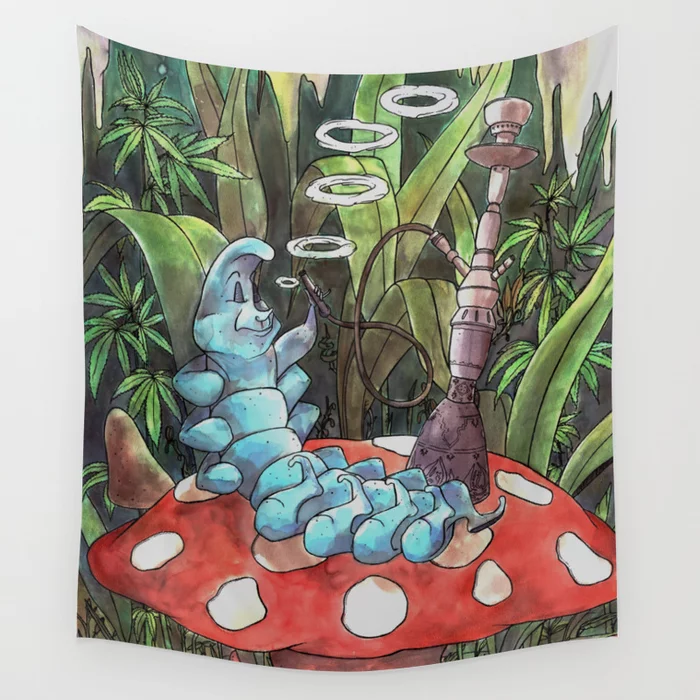- Letters: A/BDHKNO
- Words: 29
- Points: 108
- Pangrams: 1

|
The table provides clues for the roots of words in today's NY Times Spelling Bee. You're responsible for prefixes, suffixes,
tense changes, plurals, doubling consonants before suffixes, and alternate spellings of roots. An exception:
since Sam won't allow S, when the root contains an S, the clue may be for a plural or suffixed form. "Mice" for example.
If a clue isn't self-explanatory, try googling it.
The TL;DR about the site comes after the table.
Past clues are available here |
Today's puzzle
|  |
|
Table content
|
| answers covered | answer's first two letters | answer's length | clue for root (answer may need prefix, suffix, tense change, alt spelling, ...) |
|---|---|---|---|
| 1 | AB | 7 | Leave behind (…ship! To the lifeboats!) |
| 1 | AD | 5 | Filipino stew or Mexican seasoning |
| 1 | AN | 4 | Egyptian symbol for “life” |
| 1 | AN | 4 | Soon, poetically |
| 1 | BA | 4 | Rum sponge cake, or Ali & his 40 thieves |
| 1 | BA | 5 | Sweet braided Jewish bread, often with chocolate filling |
| 1 | BA | 6 | Large monkey with red butt |
| 1 | BA | 6 | Common yellow plantain variety |
| 1 | BA | 4 | Musical group, or loop (as in “wedding” & “arm”) |
| 2 | BA | 7,8 | Mask or headscarf, 2 spellings |
| 1 | BA | 4 | Where you save your money (piggy … or … of America); or the side of a river; with a suitable prefix, becomes a verb, and with a suitable prefix and suffix, becomes a pangram |
| 1 | BA | 6 | African tree |
| 1 | BO | 4 | Taiwan sweet tea with gelatin pearls |
| 1 | DA | 4 | Cold, musty, & wet basement adj. |
| 1 | DO | 6 | Thingamajig, slang; ends in “father” nickname |
| 1 | HA | 6 | Intense windy desert dust or sand storm, esp. in Sahara & Sudan; from Arabic; laugh 2–letter sound + breast, slang |
| 1 | HA | 4 | Maori ceremonial dance |
| 1 | HA | 4 | What sticks out of your sleeve |
| 1 | HA | 8 | Instruction or reference manual, compound pangram noun |
| 1 | HA | 4 | Coil of rope, or baseball great Aaron |
| 1 | HO | 6 | Oriental tobacco pipe with a long, flexible tube that draws the smoke through water (smoked by the caterpillar in Alice in Wonderland) |
| 1 | KA | 5 | Meat on a skewer (shish …) |
| 1 | KH | 4 | Title given to Asian rulers (Genghis...) |
| 1 | KO | 4 | Zen Buddhist paradoxical riddle or story for meditation, anagram of Hawaiian district or coffee grown there |
| 1 | NA | 4 | Indiaan flaat breaad |
| 1 | NA | 5 | Conspicuously rich person, as in VP Agnew’s “nattering …s of negativism” |
| 1 | NA | 4 | Nothing, Spanish |
| 1 | NA | 4 | Grandma, slang; or Peter Pan dog |
This site provides clues for a day's New York Times Spelling Bee puzzle. It follows in Kevin Davis' footsteps. The original set of 4,500 clues came from him, and they still make up about three quarters of the current clue set.
The "Bee Roots" approach is to provide explicit clues for root words, not every word. As logophiles, we are pretty good at putting on prefixes and suffixes, changing tense, and forming plurals (including Latin plurals!). The clues cover root words, arranged alphabetically by root word, with a count of words in the puzzle that come from each root. For example, if a puzzle includes ROAM and ROAMING, there will be a clue for ROAM and a count of 2. The root may not appear in the puzzle at all; for example, the 2021-07-23 Bee included ICED, DEICE, and DEICED. For such a puzzle, the clue would be for ICE with a word count of 3.
The Bee Roots approach involves judgement sometimes. For example, if a puzzle includes LOVE, LOVED, and LOVELY, how many roots are needed to cover them? LOVE and LOVED share the root LOVE, certainly, but LOVELY is tricky. LOVE is part of its etymology, but by now, the word means "exquisitely beautiful," which is a lot farther from the meaning of LOVE than swithcing to past tense. I'm inclined to treat LOVE and LOVELY as separate roots. You may not agree, which is fine. Another thing we logophiles share is a LOVE of arguing about words on Twitter.
A few words can have one meaning as a suffixed form and another as a stand-alone word. EVENING, for example. In those cases I will use the meaning that I think is more common.
One last complication, until another one pops up: a few roots have multiple spellings, for example LOLLYGAG and LALLYGAG. Depending on the day's letters, and maybe even the editor's whims, one or both could be in the puzzle's answer list. With such roots, you could see a word count of 2, even if there are no applicable prefixes or suffixes.
I will do my best to keep this site up to date and helpful (I hope). Check it out, and tweet feedback to @donswartwout Tweet to @donswartwout